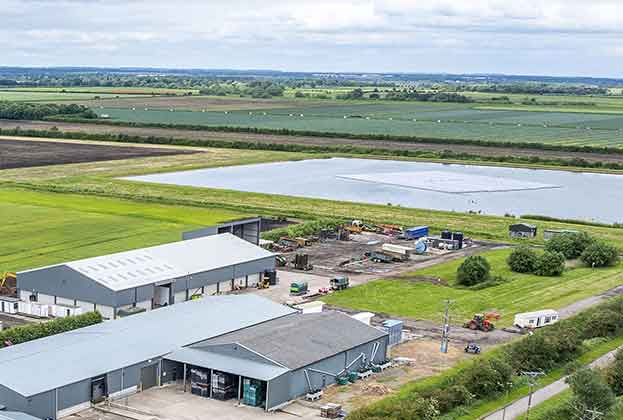The UK Net Zero Buildings Standard (UK NZC) will provide a benchmark standard for decarbonising the UK built environment.
While significant progress has been made in defining what net zero means for buildings in the UK, a process of market analysis showed a clear demand for a single, agreed methodology. The UK NZC will provide one definition and one point of reference for developers, contractors, asset owners and managers, occupiers, financiers, and funders wanting to demonstrate that their building is net zero-aligned with an industry-agreed standard and in line with the UK’s climate targets.
A task group has been set up bringing together world-leading experts in sustainability responsible for setting these targets in line with science based targets – that is, what is known to be required to stand a reasonable chance of mitigating global warming to 1.5°C. It will also align with the energy demand reductions projected to be required to enable a net zero carbon energy supply sector.
The standard will analyse data from across the sector, looking for the strongest examples of the best performing buildings as priority to analyse them, compare them with the existing UK carbon budgets and come up with net zero carbon targets for every asset class.
Who is involved?
Savills sustainability experts as well as leading industry organisations BBP, BRE, the Carbon Trust, CIBSE, IStructE, LETI, RIBA, RICS, and UKGBC.
What does it entail?
The standard will set out metrics by which net zero carbon performance is evaluated, as well as performance targets and limits that need to be met. These are likely to comprise aspects including energy use, upfront embodied carbon, and lifecycle embodied carbon, with other metrics – such as space heating/cooling demand and peak load – also to be considered. It will also cover the approach to carbon accounting, procuring renewable energy, and the treatment of residual emissions, including carbon offsetting.
It will apply to new and existing buildings including, but not limited to, homes, offices, hotels, retail, higher education and heritage buildings.
The standard will be consulted on with industry with initial findings and outputs expected in 2023.
Further information
Contact Alexia Charisi or Taby Halliwell

.jpg)







.jpg)
.jpg)